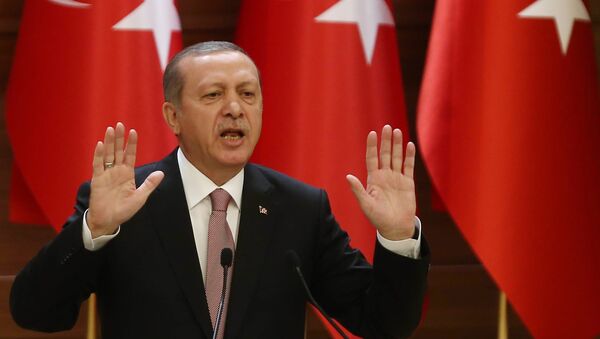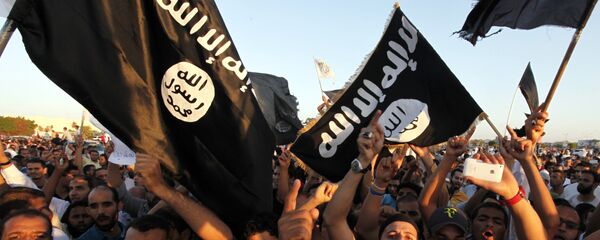WASHINGTON (Sputnik) — Barkey argued that as Turkey’s Western allies concentrated on destroying the Islamic State, Erdogan continued to focus on ousting Syrian President Bashar Assad and preventing Syria’s Kurdish fighters from establishing an autonomous region.
"The unintended consequences of tens of thousands of foreign fighters converging on Syria soon became apparent," Barkey wrote in his study of the damage done to Turkish foreign policy. "Many of the foreign fighters gravitated toward the Islamic State, helping it become the power it is today."
Russia’s air campaign against the Islamic State in Syria has further isolated Erdogan, Barkey explained. After Turkey shot down a Russian jet in November 2015, he added, Ankara has faced a rash of costly economic, political and military reactions from Russian President Vladimir Putin.
As a result, Erdogan’s foreign policy "lies in ruins," as does Turkey’s goal of becoming a regional leader, Barkey concluded.
The Islamic State, also known as Daesh, is a designated terrorist group outlawed in the United States, Russia and a host of other countries. The New York-based security intelligence firm Soufan Group estimated that up to 31,000 foreign fighters have joined the Islamic State.




